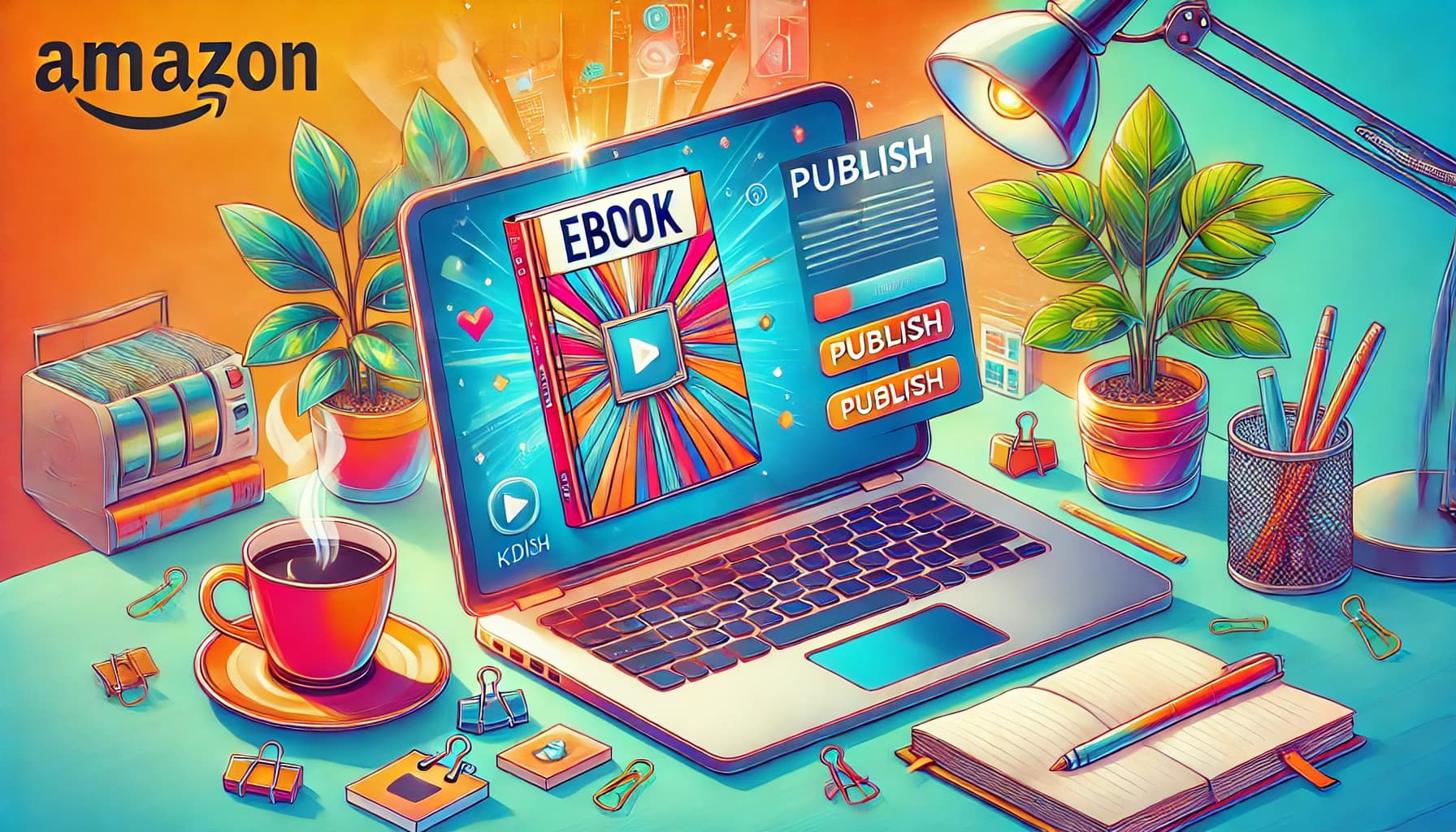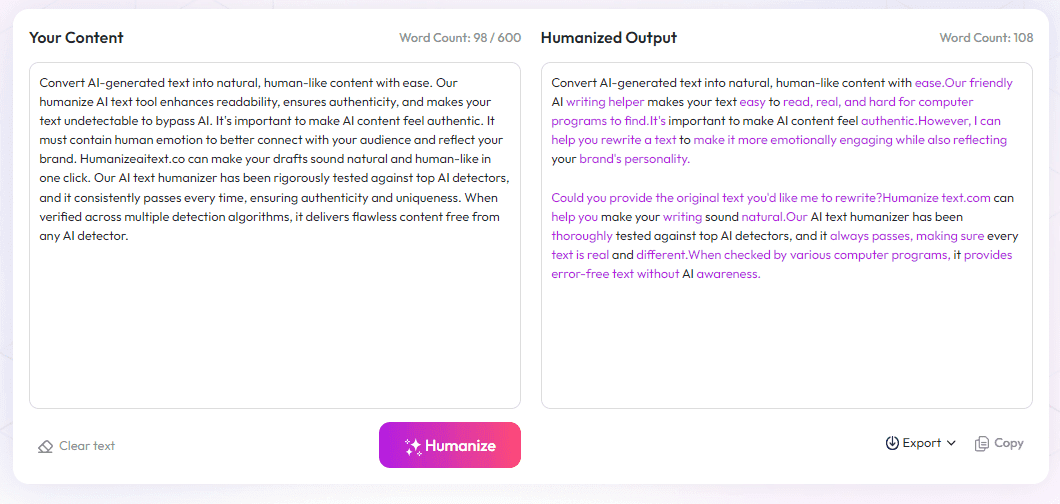Table of Contents
Many people wonder what the future holds for AI narration in publishing. It’s true, technology is changing how we create and experience audiobooks, making it faster and often cheaper. If you stick with me, you'll see how this shift benefits authors, readers, and the industry itself—plus what’s on the horizon for this rapidly evolving field. So, let’s take a quick look at how AI narration is already making waves and what’s coming next.
Key Takeaways
- AI narration speeds up audiobook production and cuts costs, making it easier for authors and publishers to create audio content. It now sounds more natural and emotional, allowing for new styles and quick updates. This growth is huge, with the market expected to nearly double by 2030. Digital audiobooks dominate sales, and AI tech helps reach more audiences and expand into international markets.
- Independent authors and small publishers benefit most since AI lowers barriers—no need for expensive studios or narrators. It’s especially useful for nonfiction and accessibility, giving more people access to diverse titles. AI helps new voices enter the audiobook scene, broadening storytelling options for everyone.
- AI is driving a sales boost, with rising revenue and increased focus on audiobooks by publishers. It enables wider distribution, licensing, and translations, resulting in more titles and higher competition in the market. Major platforms now accept AI-narrated audiobooks, making audio content more plentiful and affordable.
- Artificial narration allows for creative marketing, like personalized ads and AI-generated trailers. It makes translating audiobooks into multiple languages easier, helping authors reach new markets. Using data, publishers can refine promos and better target listeners to boost sales and engagement.
- If you want to start with AI narration, try different tools to find voices that fit your style. Generate samples, adjust for naturalness, and use editing software if needed. Be mindful of licensing rules. Distribute on platforms like Spotify or Google Play to grow your audience successfully.
- Using AI narration transforms how writers work. It lets them produce audio alongside writing, saving time and giving more control. Writers can quickly update content and test different narration styles, making the entire process faster and more flexible, avoiding delays and scheduling issues.
- AI reduces the high costs of traditional audiobook production. Instead of expensive studio sessions, creators mainly spend on licensing or subscriptions, making audiobooks reachable for more small publishers and independent authors. Lower prices benefit consumers too, increasing sales—and quality still matters for a professional sound.

1. How AI Narration Is Changing Publishing Today
AI-powered narration is transforming the way audiobooks are made, making the process faster and more affordable for both authors and publishers.
Thanks to advances in text-to-speech (TTS) technology, AI voices have shifted from sounding stiff and robotic to becoming remarkably expressive and capable of conveying emotion.
This means authors can experiment with different narration styles—adjust tone, pace, or emphasis—and update their audio content without the hefty costs traditionally associated with recording sessions.
Furthermore, the speed of AI narration allows for on-demand audio production, helping authors release audiobooks quickly to meet rising consumer demand.
The global TTS market is projected to hit $7.28 billion by 2030, up from $3.87 billion in 2025, with a CAGR of nearly 13%, highlighting how rapidly this technology is becoming integral to the publishing industry.
More publishers are adopting AI to create cost-effective audiobook editions, especially as digital audiobooks now account for over 99% of audiobook revenue in the U.S., which grew by 14% in 2024 (https://automateed.com/winter-writing-prompts/).
Authors also benefit from the ability to test different narration styles before finalizing recordings, saving money and giving their stories a more personalized touch.
2. Who Gains the Most from AI Narration in Publishing
Independent authors and small publishers find AI narration particularly helpful because it lowers the barriers to entry for producing audiobooks.
No longer needing expensive recording studios or professional narrators, these creators can produce high-quality audio content more easily and at a lower cost.
Nonfiction and self-help writers also appreciate AI for its efficiency, as straightforward content doesn’t require nuanced acting—AI voices can deliver clear, professional narration without extensive recording sessions.
Listeners with accessibility needs—such as visually impaired individuals or neurodiverse audiences—gain access to more diverse titles and formats, making literature accessible to all.
Overall, the rise of AI narration opens new doors for authors who previously lacked the resources to venture into the audiobook world, broadening the reach of their work.
3. How AI Narration Is Affecting the Publishing Industry
AI narration is fueling a surge in audiobook sales, which are growing faster than e-books, with the industry seeing a 13% increase in revenue in the U.S. alone in 2024 (https://automateed.com/how-to-get-a-book-published-without-an-agent/).
This shift highlights publishers' recognition of audio content as a key distribution channel—many are now prioritizing audio as a core part of their publishing strategies.
With AI making audiobook production more accessible, publishers are exploring new revenue streams like licensing, translating titles cheaply, and expanding into international markets.
It’s projected that AI tools could help publishers reach up to two million audiobooks by 2030 (https://automateed.com/what-are-low-content-books/), dramatically increasing the volume and diversity of available audio content.
Major platforms like Audible, Google Play, and Spotify now accept AI-narrated titles, normalizing the technology and expanding its reach.
Such developments are making audiobooks not only more abundant but also more affordable to produce, changing the landscape of publishing forever.

7. How AI Narration Is Shaping the Future of Audiobook Marketing and Sales
As AI narration becomes more common, publishers and authors are finding new ways to market their audiobooks effectively.
AI can help create personalized ads and promos, making targeted marketing more affordable and scalable.
For example, some platforms are experimenting with AI-generated trailers or sample narrations to entice listeners.
With AI, authors can also produce multiple versions of marketing content quickly, testing what resonates best with different audiences.
Moreover, the ability to translate audiobooks into various languages using AI expands reach into international markets without hefty translation costs.
This approach also allows publishers to analyze listener preferences through data and refine their promotional strategies accordingly.
For those curious about marketing tips, check out (https://automateed.com/how-to-get-a-book-published-without-an-agent/) article for more insights.
8. How to Get Started with AI Narration: Tips for Authors and Publishers
If you're thinking about using AI narration, here’s what you should know to get off on the right foot.
- Start by exploring different TTS tools like **(https://automateed.com/top-ai-voice-generators/)** or **(https://automateed.com/ai-tools-for-business/)** to find voices that suit your project.
- Test the voices by generating sample chapters to see how well they match your tone and style before committing.
- Pay attention to pronunciation and pacing; AI voices often require some tweaking for natural flow.
- Consider investing in editing software that can help fine-tune the audio, making it sound more human and engaging.
- Stay aware of legal considerations, like licensing the AI voices or avoiding copyright issues, especially if you use proprietary voice models.
- Look into platforms that accept AI-narrated audiobooks, such as **(https://automateed.com/how-to-publish-an-audiobook-on-spotify/)** or **(https://automateed.com/how-to-publish-audiobooks-google-play/)**, to expand your distribution.
Taking these steps can help you produce professional-sounding audiobooks without breaking the bank.
9. The Impact of AI Narration on Writer's Workflow and Productivity
Using AI narration can drastically change how writers and publishers approach audio content creation.
Instead of waiting for external narrators or costly studio sessions, authors can generate audio versions right alongside their writing process.
This streamlined approach saves time, allowing writers to focus on editing and marketing rather than audio production logistics.
Some writers also experiment with AI to produce multiple narration styles, helping them decide which version works best for their audience.
Furthermore, integrating AI narration tools into your workflow means you can quickly update or re-record sections as needed, keeping your content fresh and relevant.
Many authors find that adopting AI audio tools gives them more control over their publishing timeline—no more scheduling conflicts or delays.
For practical steps, try connecting your manuscript to AI tools like **(https://automateed.com/how-to-write-a-foreword/)** or **(https://automateed.com/scrivener-vs-ulysses/)** to see how easy it is to generate audio previews.
10. How AI Narration Is Influencing the Cost Structure of Publishing
One of the biggest impacts of AI narration? It changes the financial equation for producing and acquiring audiobooks.
Traditional recording sessions can cost thousands, but AI reduces per-title expenses significantly, making audiobooks accessible to a wider range of creators.
Costs involved are mainly tied to licensing AI voices or subscribing to platforms that provide narration services.
This lowering of entry barriers means independent and small publishers can produce high-quality audiobooks without needing large budgets.
Lower prices also mean more affordable audiobooks for consumers, which can boost overall sales and listener engagement.
That said, maintaining quality is key—investing in good editing and mastering remains crucial to ensure your audiobook doesn't sound like a robot.
For a detailed breakdown of costs, check out (https://automateed.com/page-publishing-cost/), which explains how to budget your audiobook production.
FAQs
AI narration speeds up audiobook production, lowers costs, and allows authors to test different styles easily. Voice quality has greatly improved, making AI-generated voices more natural and expressive, enhancing overall listener experience.
Independent authors and small publishers save money and time. Readers with accessibility needs can access audiobooks more easily. Nonfiction and self-help writers find AI narration especially suitable for straightforward content.
AI can't fully replicate the emotional depth of human narration, especially for story-driven genres. While AI is a useful tool, many listeners still prefer human voices for a personal connection in storytelling.
Authors should be aware of copyright issues, licensing concerns, and potential misuse of their work by AI tools. Staying informed about regulations and reviewing licensing agreements helps manage these risks effectively.



